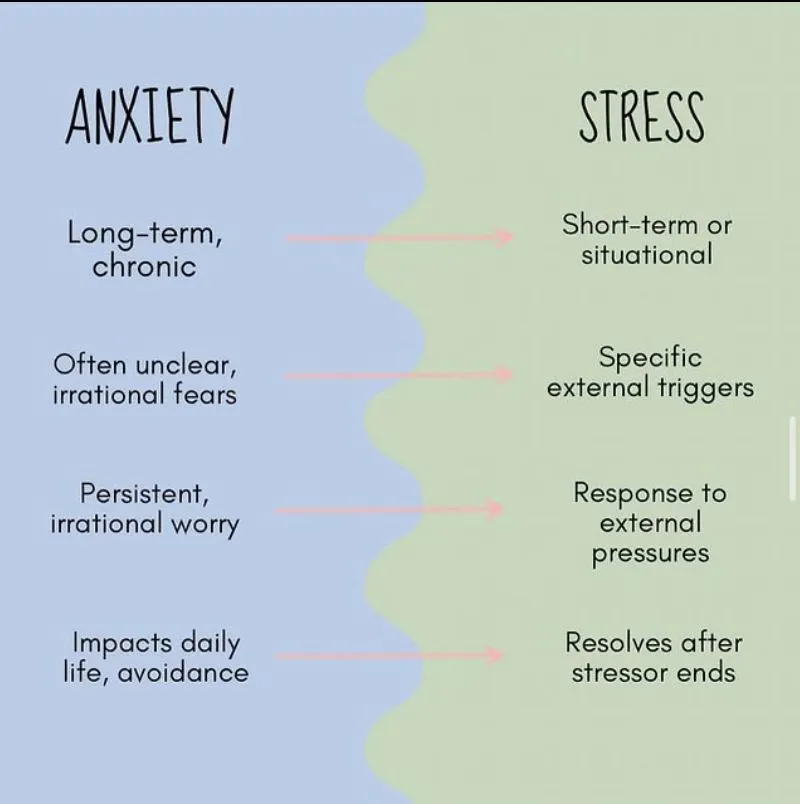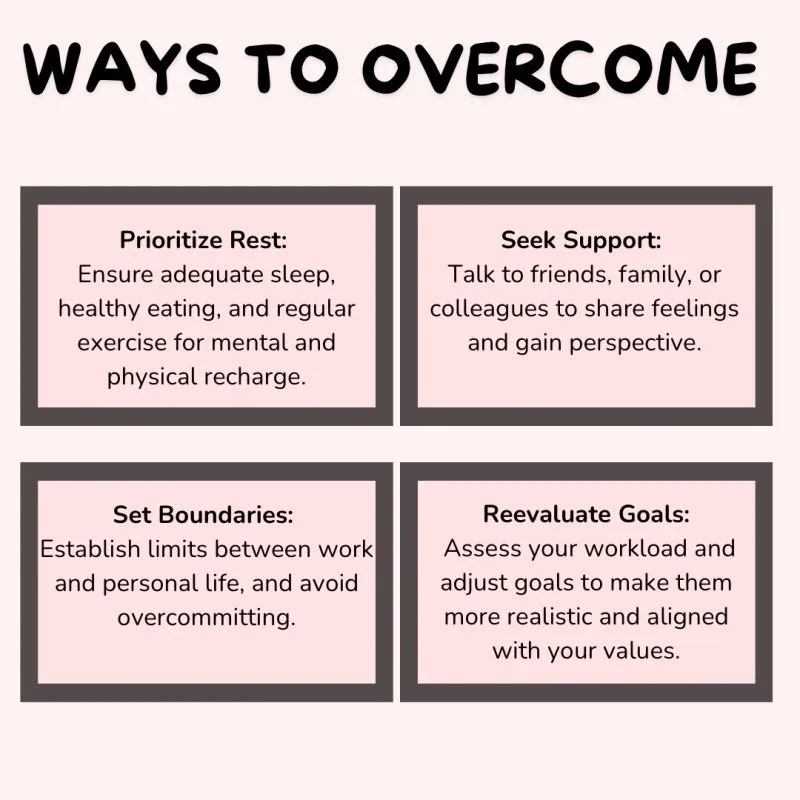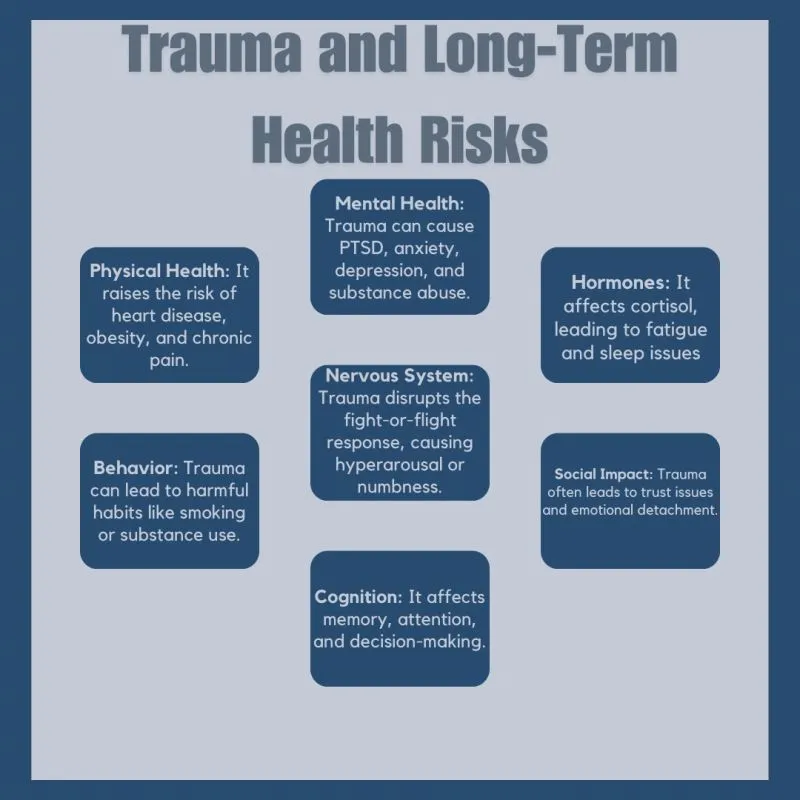Chronic stress disrupts every major hormone system in your body, from cortisol and insulin to thyroid and sex hormones. Research shows 77% of people experience physical symptoms from stress, yet most don't realize the deep hormonal impact. Learn how stress hijacks your body's chemical messengers and discover evidence-based strategies to restore hormonal balance.
When Your Body's Chemical Messengers Go Haywire
Stress is a natural part of life, but when it becomes chronic, it can disrupt your body in profound ways that extend far beyond feeling overwhelmed or anxious. One of the most significant impacts of ongoing stress is on your hormones—your body's chemical messengers that control energy, mood, metabolism, sleep, reproduction, and immune function. Research from the American Institute of Stress shows that 77% of people experience physical symptoms caused by stress, yet many don't realize that these symptoms often stem from hormonal disruption. At LissnUp, we understand that stress doesn't just affect your mind—it creates a cascade of physical changes that can impact every system in your body, making it crucial to understand both the problem and practical solutions.
The Major Players: How Key Hormones Respond to Stress
Cortisol: Your Primary Stress Hormone
When you feel stressed, your brain signals your adrenal glands to release cortisol, often called the 'stress hormone.' This hormone helps your body deal with challenges by raising blood sugar for quick energy and temporarily suppressing non-essential functions like digestion and reproduction. While this response is helpful for short-term threats, chronic stress keeps cortisol elevated. Harvard Medical School research shows that prolonged high cortisol can weaken immune function by 40%, promote weight gain around the midsection, disrupt sleep patterns, and increase risk of anxiety and depression.
Adrenaline and Norepinephrine: The Alert System
Adrenaline triggers your fight-or-flight response, rapidly increasing heart rate and blood pressure to deliver more oxygen to your muscles. Norepinephrine works alongside adrenaline to sharpen focus and redirect blood flow to essential organs. While these hormones are crucial for handling acute threats, chronic stress can leave you in a constant state of high alert. Studies show this can lead to persistent anxiety, restlessness, sleep problems, and increased risk of cardiovascular issues.
Insulin: The Blood Sugar Regulator Under Siege
When cortisol raises blood sugar during stress, your pancreas releases insulin to help cells absorb that sugar for energy. With frequent stress, this system becomes overworked. Research from the Journal of Clinical Investigation shows that chronic stress can lead to insulin resistance in as little as 6 months, increasing risk of type 2 diabetes by 45% and promoting weight gain, particularly around the abdomen.
Thyroid Hormones: Your Metabolic Command Center
Your thyroid produces hormones that regulate metabolism, energy production, and temperature control. Chronic stress interferes with thyroid hormone production and conversion, often leading to subclinical hypothyroidism. The American Thyroid Association reports that stress-related thyroid disruption can cause unexplained fatigue, weight gain, brain fog, and depression—symptoms often dismissed as 'just stress' when they're actually hormonal consequences of stress.
The Reproductive and Social Hormone Impact
Sex Hormones: When Stress Disrupts Reproduction
Chronic stress significantly impacts reproductive hormones—estrogen, progesterone, and testosterone. In women, high stress can cause irregular periods, more severe PMS, fertility issues, and early menopause. Research shows that women under chronic stress have 30% lower conception rates. In men, stress can reduce testosterone by up to 15%, leading to decreased libido, fatigue, mood changes, and reduced muscle mass. The body essentially shifts resources away from reproduction when it perceives ongoing threat.
Oxytocin: The Connection Hormone Under Pressure
Often called the 'love hormone,' oxytocin promotes bonding, trust, and feelings of calm and connection. Chronic stress suppresses oxytocin production, making it harder to feel close to others and recover from daily pressures. UCLA research shows that people with chronically low oxytocin are 60% more likely to experience relationship difficulties and have reduced capacity for stress recovery through social support.
The Cascade Effect: How Hormonal Disruption Compounds
The real challenge with stress-induced hormonal disruption is that these systems don't operate in isolation—they influence each other in complex ways. When cortisol remains elevated, it suppresses thyroid function, which slows metabolism and reduces energy. Low thyroid function can worsen insulin resistance, making weight management more difficult. Disrupted sleep from high cortisol affects growth hormone and reproductive hormones. Meanwhile, reduced oxytocin makes it harder to cope with stress through social connection, perpetuating the cycle. This interconnected web explains why chronic stress can feel so overwhelming and why symptoms often seem unrelated to the original stressor.
Evidence-Based Strategies to Restore Hormonal Balance
Prioritize Sleep for Hormone Reset
Quality sleep is crucial for hormonal balance—it's when your body naturally resets cortisol levels and produces growth hormone for repair. Research from the University of Chicago shows that even one week of poor sleep can reduce testosterone by 15% and increase cortisol by 37%. Aim for 7-9 hours of consistent sleep, create a cool, dark environment, and avoid screens 2 hours before bed to support natural melatonin production.
Use Movement as Medicine
Regular exercise helps metabolize stress hormones and improve insulin sensitivity. However, the type and intensity matter—moderate exercise like walking, yoga, or swimming reduces cortisol, while excessive high-intensity training can actually increase stress hormones. Studies show that 30 minutes of moderate exercise 5 times per week can reduce cortisol by 23% and improve mood-regulating hormones within 6 weeks.
Nutrition for Hormonal Stability
What you eat directly impacts your hormonal response to stress. Chronic stress depletes nutrients like magnesium, B vitamins, and vitamin C that are essential for hormone production. Focus on whole foods, adequate protein for amino acid building blocks, healthy fats for hormone synthesis, and complex carbohydrates for stable blood sugar. Research shows that people who eat regular, balanced meals have 40% more stable cortisol patterns than those who skip meals or rely on processed foods.
Practice Stress-Reduction Techniques
Mindfulness meditation, deep breathing, and progressive muscle relaxation have measurable effects on stress hormones. A study in Health Psychology found that people who practiced mindfulness for just 8 weeks showed 50% lower cortisol reactivity to stress and improved thyroid function.
Even small daily stressors can be managed more effectively when you have consistent stress-reduction practices in place.
When to Seek Professional Support
While lifestyle changes can significantly improve stress-related hormonal disruption, sometimes professional help is necessary. Consider consulting a healthcare provider if you experience persistent fatigue despite adequate sleep, unexplained weight changes, mood swings, irregular periods, decreased libido, or difficulty recovering from stress. Blood tests can reveal specific hormonal imbalances, and healthcare providers can recommend targeted treatments. Additionally,
talking through chronic stress with a counselor or trusted support system can address the emotional and psychological factors that contribute to ongoing stress responses. Remember, seeking help for stress-related health issues isn't a sign of weakness—it's a proactive step toward restoring your body's natural balance.
Your Hormones Can Heal: Building Long-Term Resilience
The encouraging news is that your hormonal system has remarkable capacity for recovery when given the right support. While it may take several months to see significant improvements, small changes often yield noticeable results within weeks. Focus on progress, not perfection—even reducing your stress response by 20% can have meaningful impacts on your energy, mood, sleep, and overall health. Your body wants to return to balance; sometimes it just needs consistent support and time to heal from the effects of chronic stress. By understanding how stress affects your hormones and taking targeted action, you're not just managing symptoms—you're addressing root causes and building resilience for long-term health and wellbeing.





